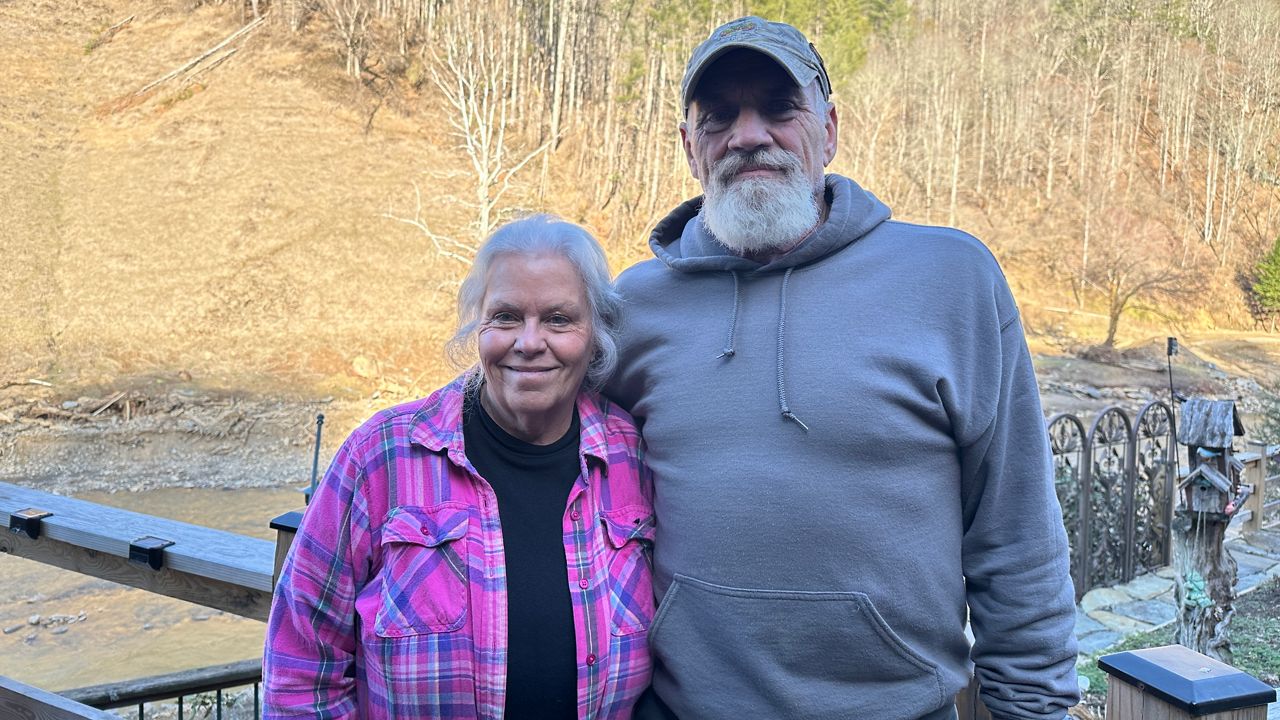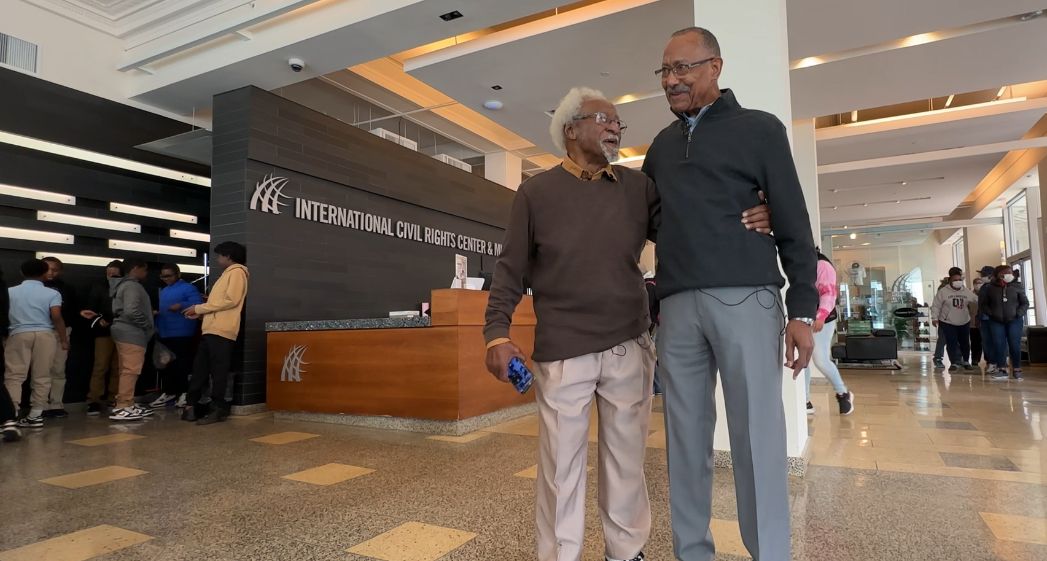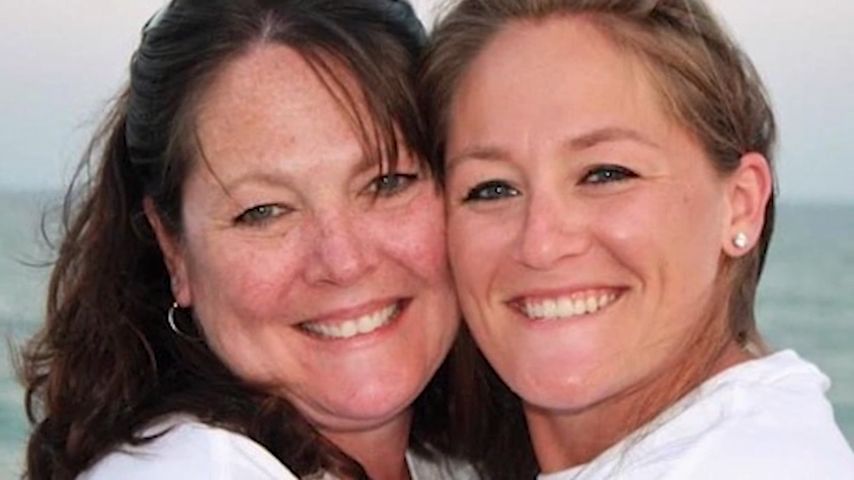CHARLOTTE, N.C. -- On Friday August 28, actor Chadwick Boseman died at the age of 43 after battling colon cancer privately for four years.
While the world continues to mourn his death, others are hoping this will push people to get screened for the disease.
Cancer doesn’t care how old you are when it comes.
“You know, here’s a 41-year-old woman who was at the peak of her career, peak of her life, with two kids in high school," says Philip Sanford.
Sanford was in high school when his mother was diagnosed with stage four colon cancer.
“It’s shocking, and then also just not understanding and really it took me awhile to fully grasp what it was," he says.
For the next six years, Sanford's mother lived her life and fought hard for others battling this form of cancer.
So when Sanford learned the news that actor Chadwick Boseman had died after silently fighting colon cancer, he was shocked
“To have somebody at the prime of his career, who was the star of one of the most impactful movie franchises in history, all of a sudden pass away, but then it turns out he’s had it for a long time, that will definitely get people’s attention," he says.
Dr. Viral Patel is a gastroenterologist in Charlotte, and believes the actor’s death will bring more attention to colon cancer.
“If his life means that other people will be saved, then I think that his mission speaks that much more," he says.
Patel says he is seeing younger patients, and studies show that African Americans are often diagnosed at an earlier age and have a higher risk of dying than others.
“Initially, the American Cancer Society recommended that everybody get screened at the age of 50, except for African Americans," he says. "So from a population perspective, African American patients are actually recommended to get a colonoscopy five years before at 45.”
Patel says the American Cancer Society has now urged everyone to get screened at 45, but it’s not cheap.
That's why Sanford went to Washington D.C. a few years ago to push for better policies and is raising money locally.
“A lot of our community grant funds that we distribute go towards screenings for people who are uninsured or underinsured," Patel says.
While his plans to go back to D.C. were cut short due to COVID-19, Sanford says he will keep fighting and knows his mom would be proud.
Sanford says he is also partnering with other organizations to start offering fecal and blood tests that can help people determine if they need to go in to get a colonoscopy.
HUMAN INTEREST
Charlotte Man Pushes For More Awareness of Colon Cancer
PUBLISHED 10:34 PM EDT Aug. 31, 2020










